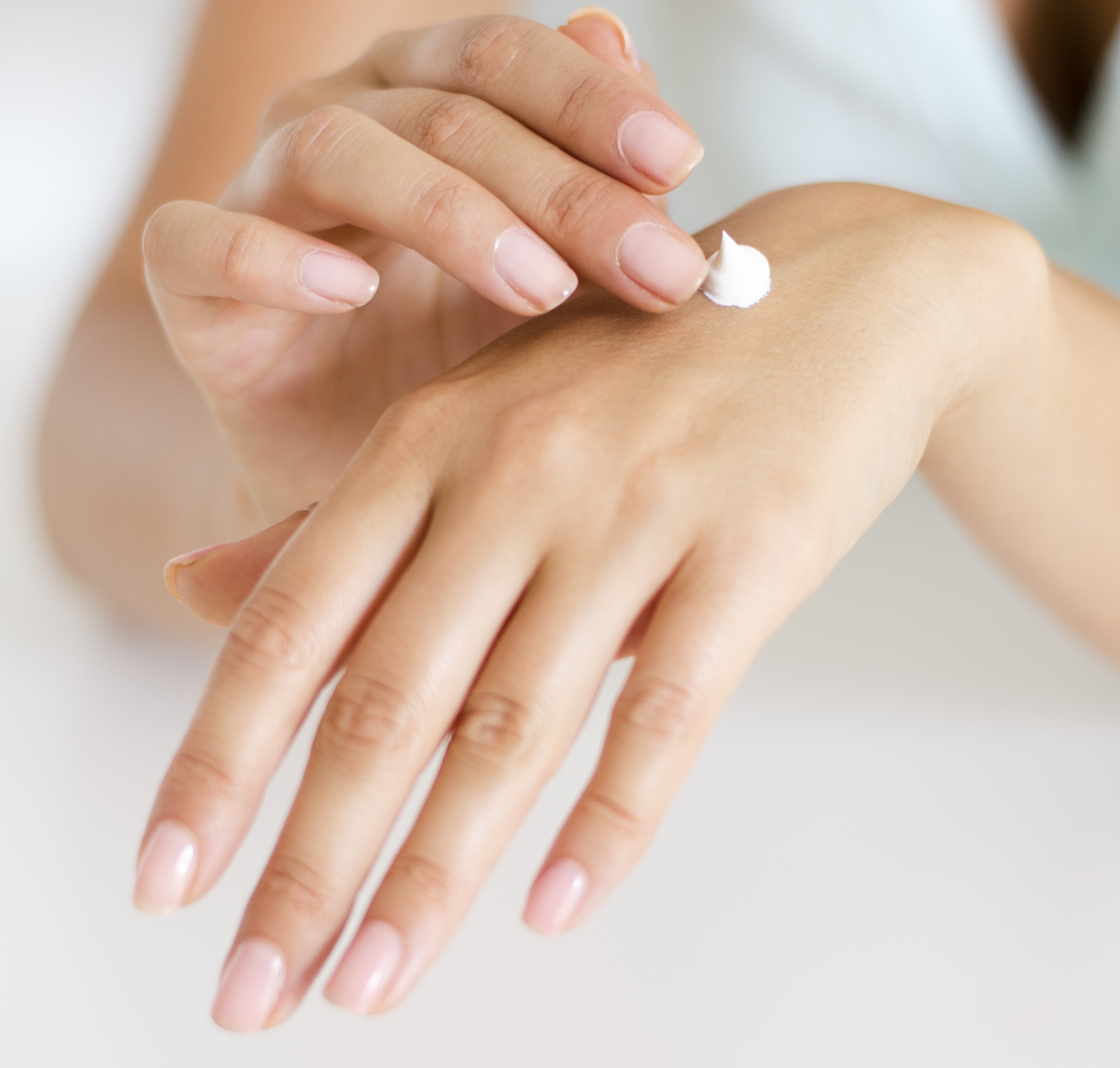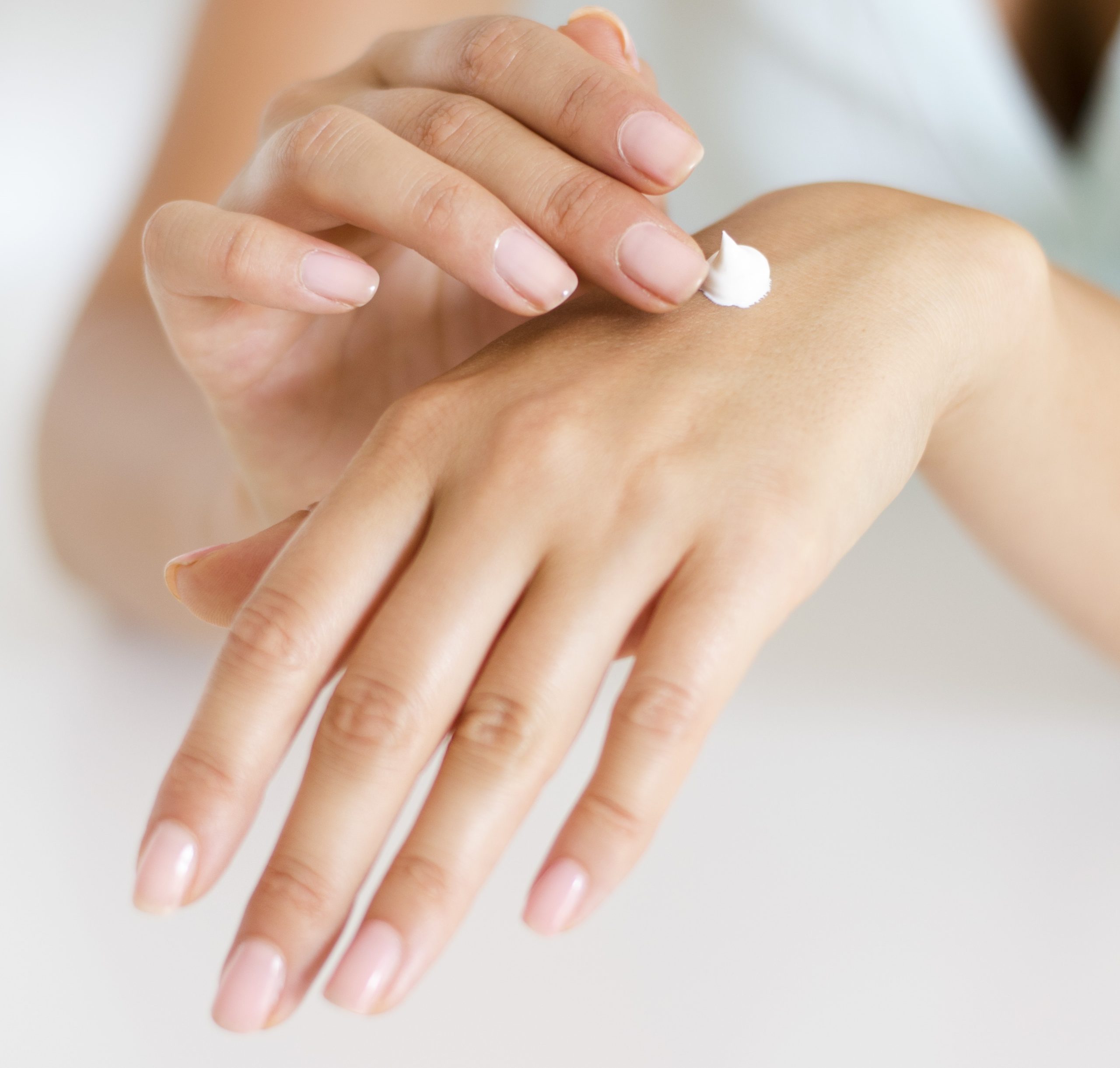 The arctic temps we’ve been experiencing (thanks, #bombcyclone) can be a prime trigger for itchy eczema flare-ups, which present as red, scaly patches on skin. The problem: water escapes while irritants sneak in.
The arctic temps we’ve been experiencing (thanks, #bombcyclone) can be a prime trigger for itchy eczema flare-ups, which present as red, scaly patches on skin. The problem: water escapes while irritants sneak in.
“People with eczema have an impaired skin barrier, which allows for outside allergens to irritate the skin mor e easily and lead to eczema,” says New Orleans based Dr. Mamina Turegano.
Luckily, there’s hope. “With proper moisturization and avoidance of triggers, patients with eczema can maintain healthy skin and avoid flares,” she says. Here’s how to do just that:
1. Sleep smart: The urge to scratch can be particularly fierce at night, which interrupts sleep – something that’s critical for helping the body repair itself (including skin). Two things you can do: use cotton sheets and turn the thermostat down. Higher indoor heat zaps skin of moisture, while synthetic sheets irritate.
2. Watch what you eat: Some foods can exacerbate eczema flare-ups. Pay attention to what sets off your symptoms by keeping a food diary and talk to your doctor about the foods you cut out so you can make sure there are no nutritional deficiencies.
3. Dust, baby: Dust mites trigger itchiness and irritation. Vacuum and dust two to three times per week, wash clothes in hot water, use anti-allergy mattress covers and pillow protectors, and watch the humidity levels in your home. While some humidity can help keep skin moisturized, dust mites thrive in too high levels.
4. Manage stress: Stress is another common trigger for eczema. Try a meditation app like Headspace to stay centered.
5. Build up the Barrier: A strong skin barrier keeps water in and irritants out. Skin suffering from eczema needs more than a common moisturizer to repair itself. An FDA-approved topical prescription cream, EpiCeram® can help manage eczema because it’s formulated with essential lipids to repair the skin’s barrier and naturally relieve itching, dryness, and redness.
EpiCeram® is an Rx; consult your physician to make sure it’s right for you.














